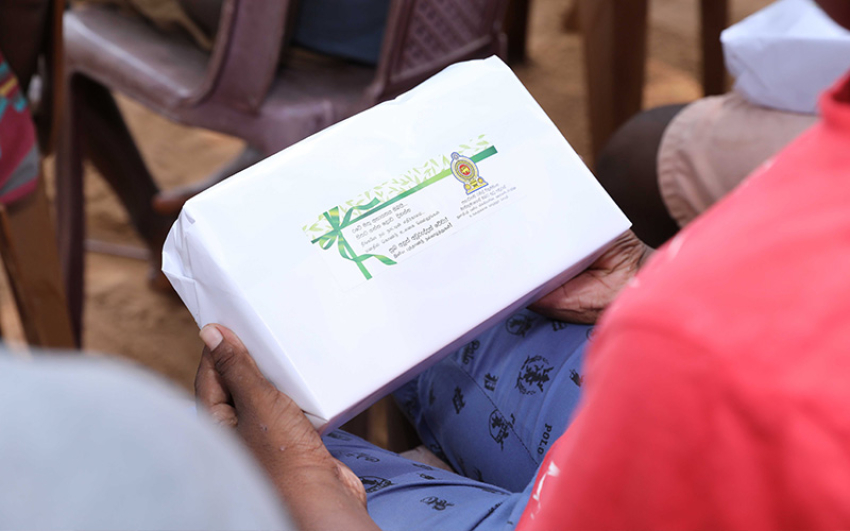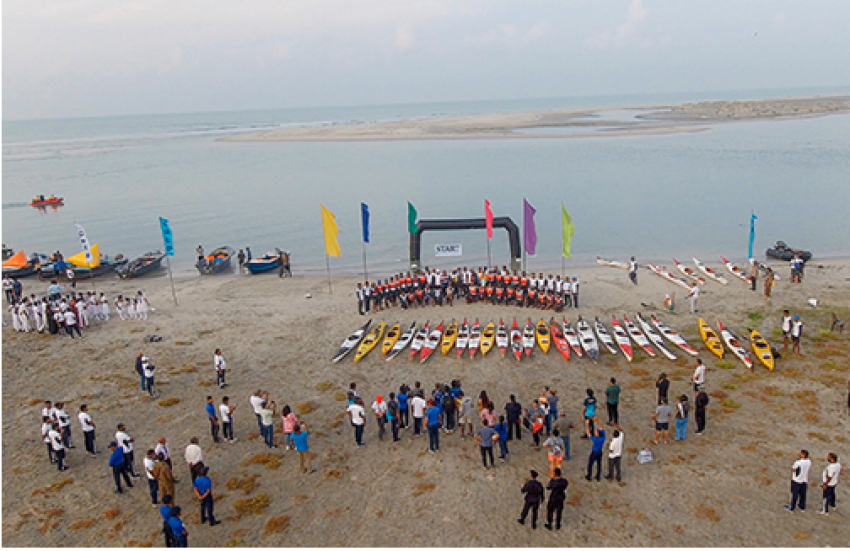Sri Widowati, Country Director signed the loan on behalf of ADB, while Dr. R.H.S. Samaratunga, Secretary to the Treasury, Ministry of Finance and Mass Media, signed for the Government of Sri Lanka. Kuniyoshi Ito, Second Secretary, Economic and Development Cooperation section of the Embassy of Japan was also present to witness the signing of this loan.
Announcing the funding facility earlier last month ADB said “Sri Lanka has achieved universal primary and high secondary enrolment rates, a high adult literacy rate, and gender parity in access to all levels of education. However, there remains a clear mismatch between skills among youth and labour market demand,” said Gi Soon Song, an ADB Principal Social Sector Specialist. “The ongoing skills enhancement program, spearheaded by the government and supported by ADB, will address this issue through a focus on technical and vocational education and policy support.”
This lack of skilled labour is hurting the Sri Lankan economy, with the country’s private sector considering this as a key constraint to business growth. The unemployment rate is also high, with one out of five Sri Lankans aged 15-24 years out of work. Meanwhile, only 35.9% of women are included in the labour force despite outperforming male counterparts academically at every level. Equipping youth, especially young women, with employable skills is crucial to decrease youth unemployment and prepare the workforce for a high value-adding economy.
The additional funding will enable the government to continue implementing the Skills Sector Development Program (SSDP), which is supported by a $100 million ADB loan approved in 2014, through 2020. SSDP aims to significantly improve the quality of TVET provided to young people in Sri Lanka to increase their employability, while also enhancing partnerships with the private sector for better TVET planning and provision to align skilled labour supply with market demand. The program is also increasing the number of TVET graduates and improving policy, institutional, and operational reforms to support the country’s skills sector.




















